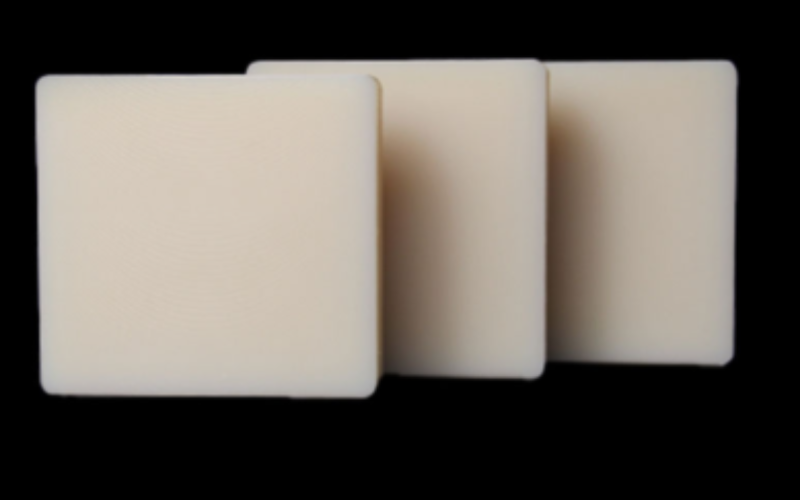In the world of manufacturing, construction, and DIY prototyping, material selection is everything. Nylon board is also known as Nylon slab or polyamide plate, this material isn’t the nylon you find in clothing fibers. It’s a robust, machinable stock form that offers a unique blend of properties, making it a superior alternative in countless applications. Let’s delve into the key advantages that make nylon board an exceptional material choice.
1. The Key Application Advantages of Nylon Board
① Exceptional Wear Resistance and Low Friction
- Wear Pads and Guides:Used on machinery to support loads and guide moving elements without galling or seizing.
- Gears and Bushings:Its self-lubricating properties mean it often requires no additional grease or oil, reducing maintenance and preventing contamination in clean environments.
- Sliding Components:Perfect for parts that need to slide smoothly against other surfaces with minimal wear over time.
②High Strength and Toughness
- jigs and Fixtures: Durable enough to withstand repeated use in manufacturing settings.
- Payload Bearing Parts: Used in automotive and aerospace applications for lightweight structural components.
- Impact Shields: Protects more delicate machinery components from sudden shocks or vibrations.
③Good Chemical Resistance
- Components in Chemical Processing Equipment: Parts like seals, valves, and spacers.
- Automotive Under-the-Hood Applications: Where exposure to fuel, oil, and other fluids is constant.
④ Ease of Machining
- Rapid Prototyping: Quick turnaround from design to functional part.
- Custom Low-Volume Production: Creating bespoke parts cost-effectively without the need for expensive molding tools.
⑤ Lightweight and Cost-Effective
Compared to metals like bronze or steel, nylon is significantly lighter, which contributes to energy efficiency in moving systems. It is also generally more cost-effective to purchase and machine, offering substantial savings on both material and manufacturing labor.
2.Precautions When Using Nylon board
- Moisture Protection: Store in a dry environment. Nylon absorbs moisture, which can cause swelling and dimensional changes.
- Annealing After Machining: Anneal (e.g., in hot water or oil) to relieve internal stresses created during machining and prevent future cracking or warping.
- Friction and Wear: Has good wear resistance and low friction. Ideal for bearings and gears, but ensure proper lubrication for high-load applications.
3. Summary
Nylon board is far more than just a simple plastic. Its unique combination of wear resistance, strength, chemical resilience, and machinability makes it a versatile and high-performance material for a vast array of industries. From quiet, durable gears and low-friction bushings to tough jigs and chemical-resistant components, it solves engineering challenges that traditional materials cannot.
